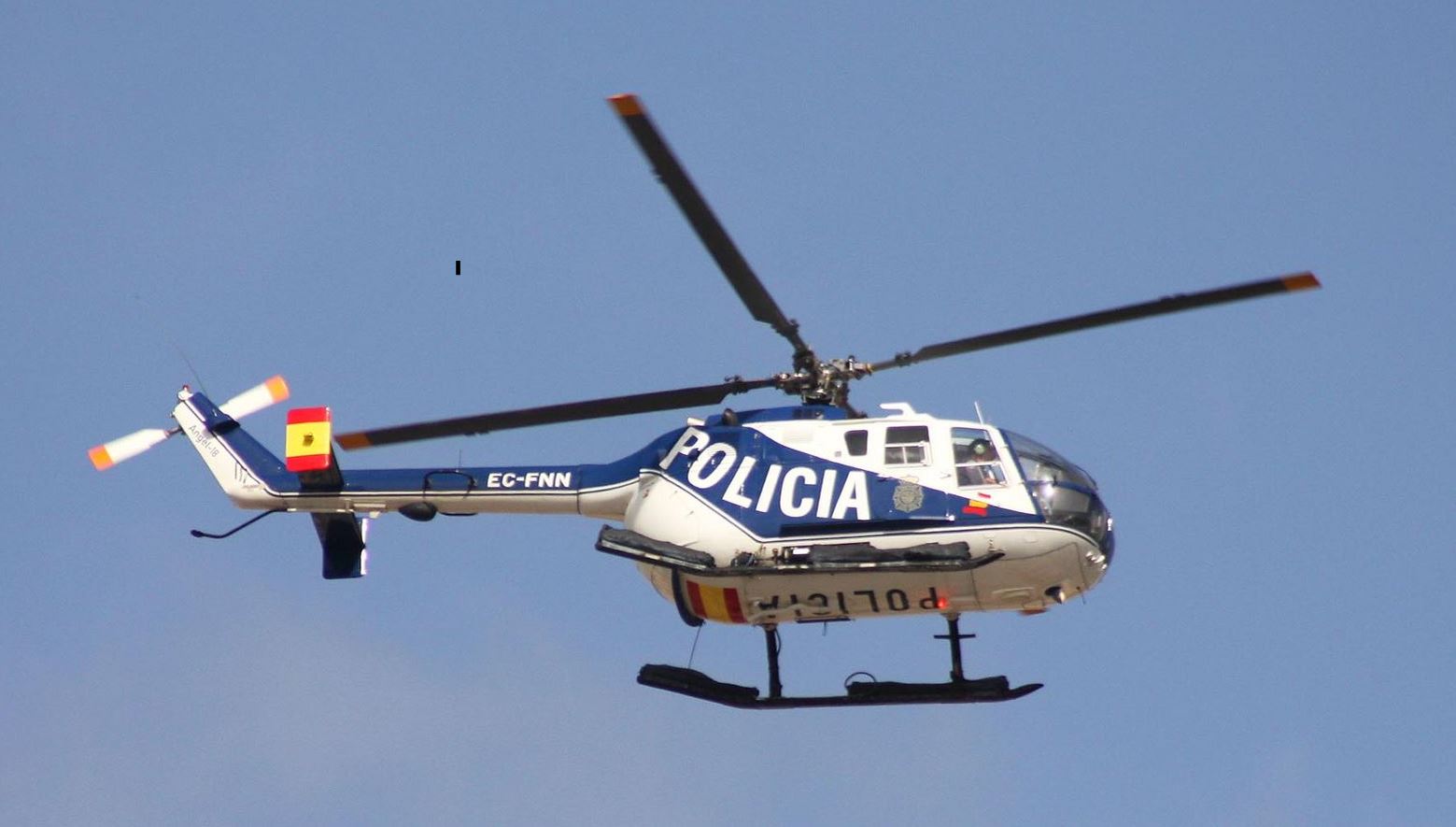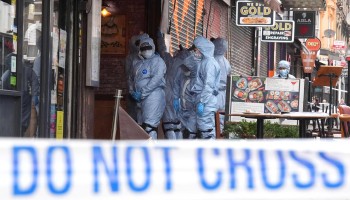
At least 23 homes were searched and € 100,000 (US$ 110,000) in cash was seized, alongside significant quantities of jewellery. A number of those arrested have also been accused of money laundering, tax fraud and drug trafficking.
Spanish police say some of those arrested on July 3 were also detained in 2010 as part of Operation Java, a similarly large, multi-national operation against a Georgian organized crime and burglary network, but had subsequently been released by a Spanish court. Austrian crime-fighting magazine “Die Kriminalisten” also claimed that Operation Java had been kept secret while it was running out of fear that the Georgian crime networks had contacts to “high-ranking” officials across Europe.
Spanish police allege the organization targeted in last week’s operation was led in Spain by Zviad Darsadze.
Among those detained in 2010 was Kakhaber Shushanashvili. He was sanctioned by the US Treasury in 2012 “for acting for or on behalf of, or providing support to, Lasha Shushanashvili”, who was named as a member of the transnational criminal organization (TCO) “Brothers Circle”. Treasury officials said US President Barack Obama “has identified the Brothers' Circle as a significant TCO” in an executive order.
“The Brothers' Circle is a multi-ethnic criminal group composed of leaders and senior members of several Eurasian criminal groups largely based in countries of the former Soviet Union but operating in Europe, the Middle East, Africa, and Latin America,” the Treasury officials wrote. “The Brothers' Circle serves as a coordinating body for several criminal networks, mediating disputes between the individual criminal networks and directing member criminal activity globally.”
According to an internal German Federal Criminal Police Office analysis obtained by Focus magazine in April, highly organized Georgian burglary gangs operate sophisticated networks across Europe. The document claims that 60 percent of the gangs’ street-level burglars are infiltrated into Europe as asylum seekers, and must work to repay the crime gangs the costs of being brought into the European Union. It also estimates that in Germany, Georgian burglary gangs make € 250 million ( US$ 275 million) a year through burglarizing commercial premises alone.
A 2010 investigation in Austrian Magazine “Profil” said that Georgian burglary gangs sharply increased their activities across Europe after several senior figures lost significant assets in the Spanish property market crash after 2008.
According to the magazine, Ernst Geiger, the director of the department for organized crime at the Austrian Federal Criminal Police Office, said that he had seldom come across groups as well-organized as the Georgian burglary networks, and that for many of the Georgian criminals, a prison term in Austria was like a stay at a health spa.




